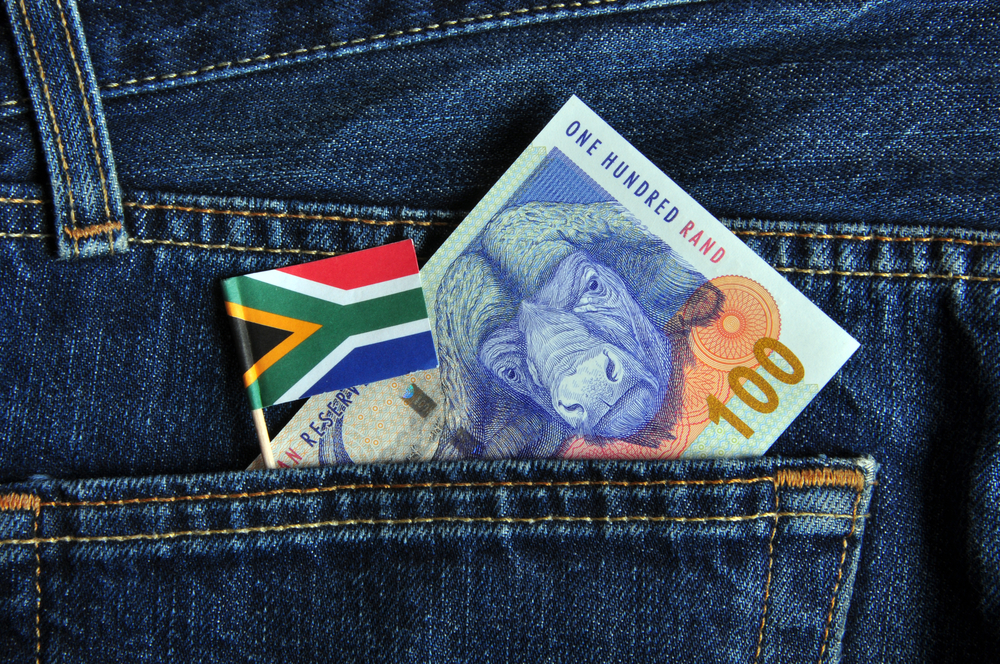The news that South Africa had exited a technical recession according to the latest Statistics SA report has created some relief. However, we’re not quite out of the woods just yet.
14 September 2017 · Danielle van Wyk

The news that South Africa had exited a technical recession according to the latest Statistics SA report has created some relief. However, we’re not quite out of the woods just yet.
While we know the term ‘recession’ to signal a worrisome decline in economic activity, do we understand what a technical recession is and its implications even if we’ve just come out of one? Justmoney asked Old Mutual economist, Tinyiko Ngwenya, to expand on this.
What is the difference between a recession and a technical recession?
“A technical recession by definition is two consecutive quarters of negative economic growth. South Africa recorded a GDP of -0.3% quarter on quarter annualised in the last quarter of 2016. The quarter that followed contracted by -0.6% hence driving South Africa into a technical recession – i.e. the second consecutive quarter of negative growth. A recession on the other hand is purely a general slowdown in the economy. Simply put, South Africa has been in a recession since 2011 when growth slowed from the peak of 3.5% to where it is now at 1%,” explained Ngwenya.
Will this affect interest rates?
The Reserve Bank’s mandate is purely related to managing inflation and not to stimulate growth.
“Weak growth does however mean weak consumption which is what the South African Reserve Bank (SARB) considers when it looks at the drivers of inflation. At the moment inflation has been surprising on the downside and is within the Reserve Bank’s target band of 3% - 6% which is giving room for SARB to cut interest rates as we saw in July,” Ngwenya added.
He further believes that we can expect inflation to remain below the 6% ceiling going into 2018 given that the Rand has been stable. Weak demand (consumption) will keep inflation down too. This means that we could see three more rate cuts in this cycle, one 0.25% cut before the end of the year and two similar cuts next year. Which in turn could leaves us with Prime Interest rates at 9.50% at the end of next year.
Will this affect consumer spending and finances?
Ngwenya stated: “Lower inflation and lower interest rates will give consumers a sigh of relief and take off some of the pressure. What we’re seeing is that consumers are using this environment to trim down on their debt and build up their balance sheets because they’re worried about where the economy is going. Household debt to GDP has decreased from the peak of 84% in 2009 to 73% today and the banks are telling us that the number of credit applications is declining. There’s just no demand for credit.”
What it does mean though is that it will only take a turn in sentiment for consumers to be more confident to spend as they will have better balance sheets to support the consumption.
Can we expect food prices to increase or decrease, and why?
We’ve had record maize crop this year of 16.4 million tons and consumers can start expecting to feel the drop of food prices from this month.
“GrainSA recently released a report where they monitor food prices and noted that the price of a 25kg bag of maize meal dropped by R8.33 month on month to R207.99 in July from R216.32 in June. Year on year the price dropped by R17.17 from R225.15, an 8% fall. So yes, we can expect food inflation to continue falling and benefit the consumer. Of course this does not mean the average persons will be paying less for their basket of food since food retail stores have their own store inflation that we need to consider,” Ngwenya remarked.
What bearing does this have on the Rand?
“The Rand strength right now is really driven by the fact that the dollar has been weak and the global economy has been doing really well. South Africa is an open economy so naturally when the rest of the world is doing better, the Rand tends to benefit from this sentiment. Unfortunately SA is lagging the rest of the world and the risk is that when growth starts to slow in the rest of the world, we won’t have a leg to stand on and will be exposed for our dismal growth leaning the bias towards a structurally weak Rand,” Ngwenya added.
Is the Rand generally a reliable indicator of economic stability?
Ngwenya believes the Rand can indicate investor appetite toward South Africa. “The Rand also impacts our view on inflation, a strong Rand means imports are cheaper and hence translates to lower inflation. This then will impact our view on interest rates as well. So the Rand is not only just a reliable indicator but also a crucial input to our view of the South African economy.
“We may have exited a technical recession but the long term growth outlook for South Africa is still dismal. The consensus forecast for 2017 is 0.7% growth. This is when the rest of the world is growing at 3.1%. So not a pretty picture and unfortunately the political uncertainty is causing businesses to be cautious about investing in our country which is not helping support growth. It’s in these times of uncertainty that it’s crucial to seek financial advice in order for you to reach your long term objectives,” Ngwenya concluded.
Free tool

info@justmoney.co.za
4th Floor, Mutual Park, Jan Smuts Drive,
Pinelands, Cape Town, 7405
© Copyright 2009 - 2026 · Powered by NCRCB29
Terms & Conditions
·
Privacy Policy
·
PAIA Manual
View your total debt balance and accounts, get a free debt assessment, apply for a personal loan, and receive unlimited access to a coach – all for FREE with JustMoney.